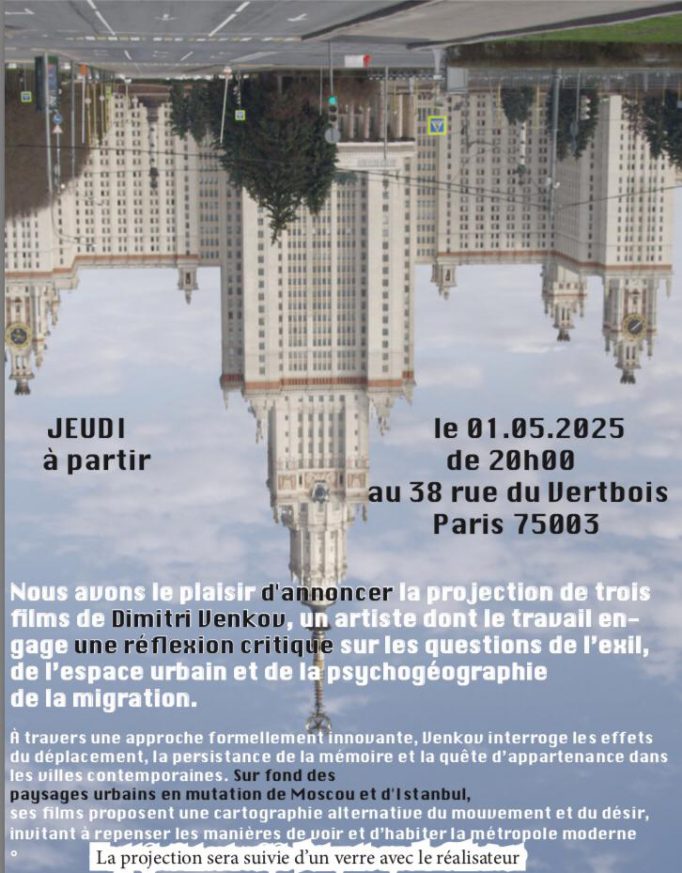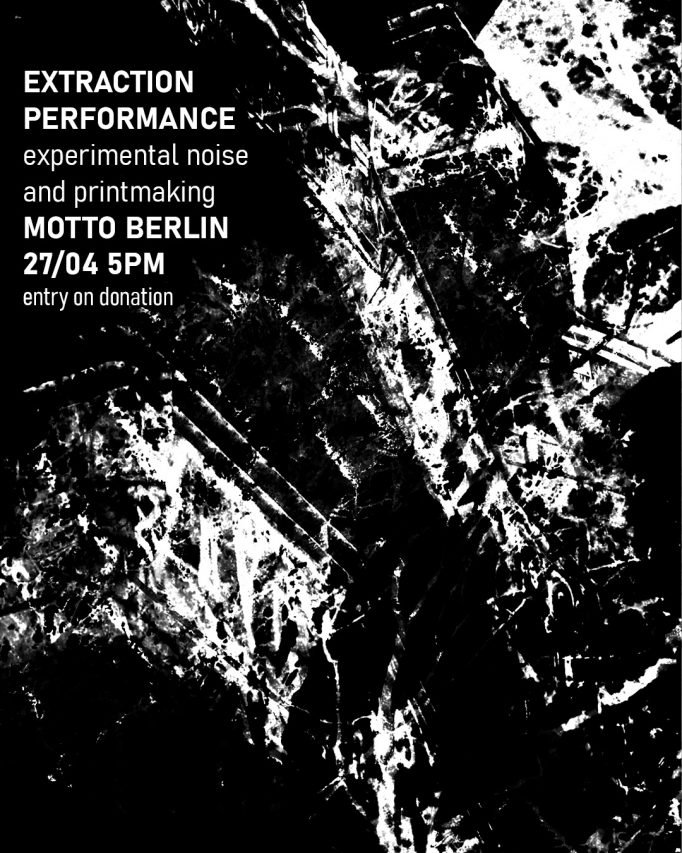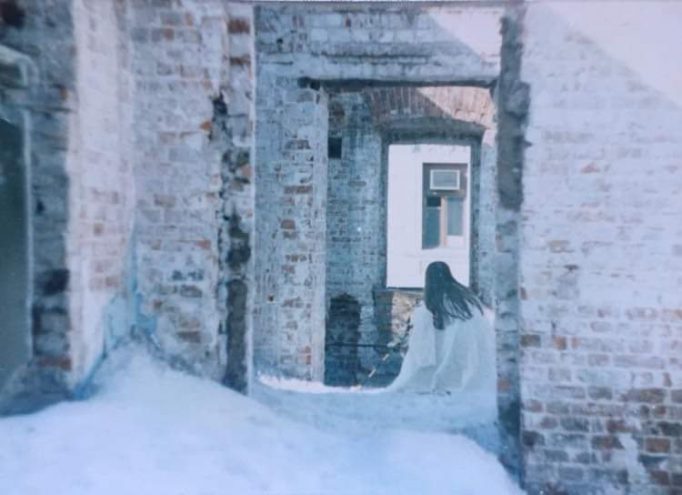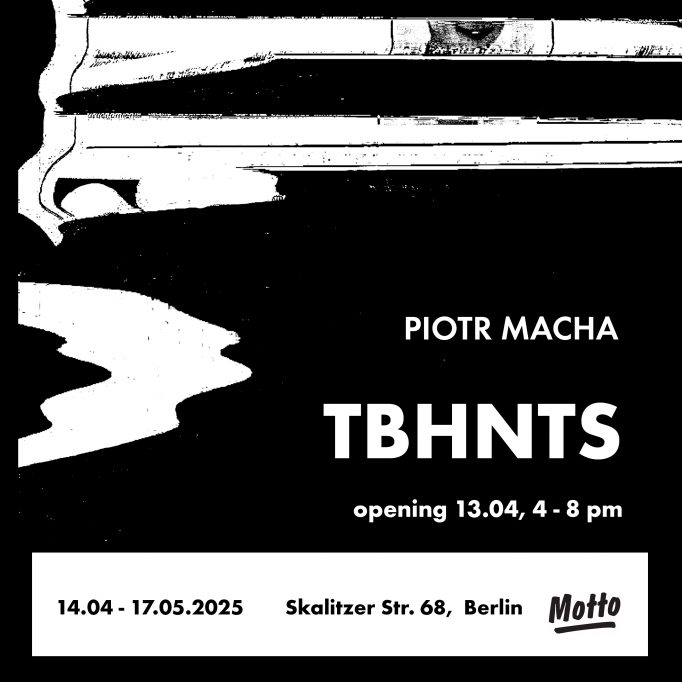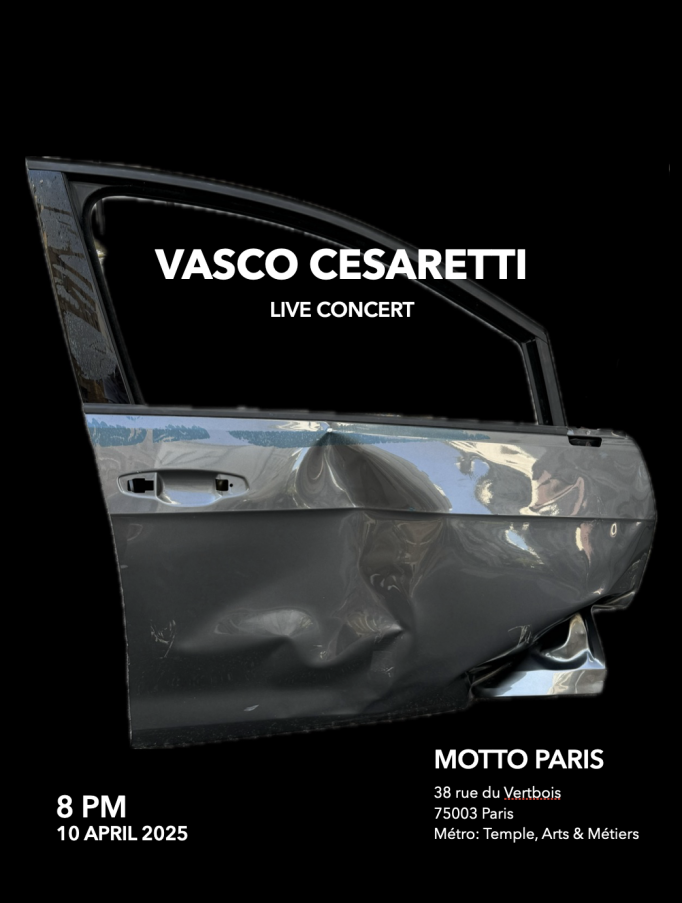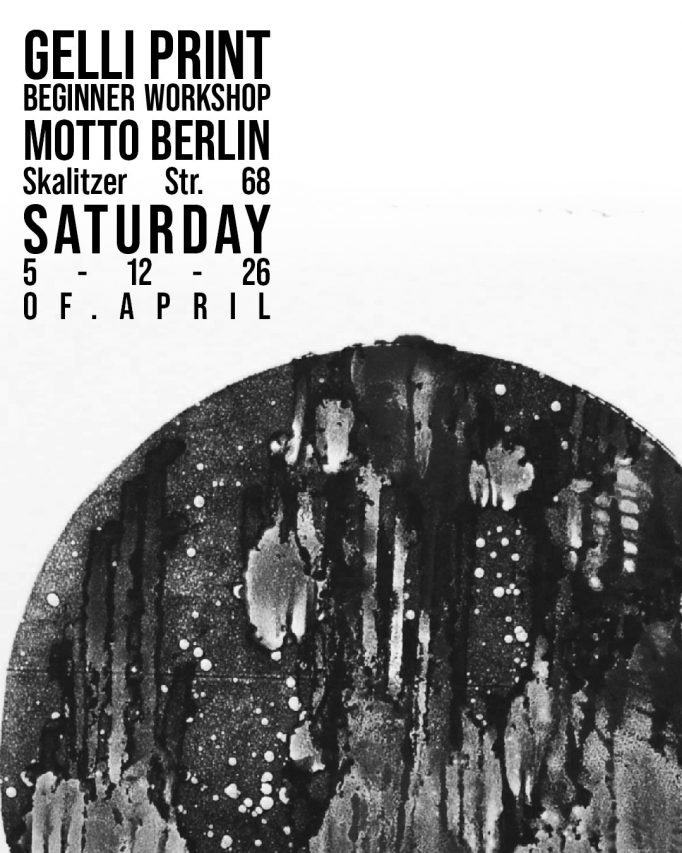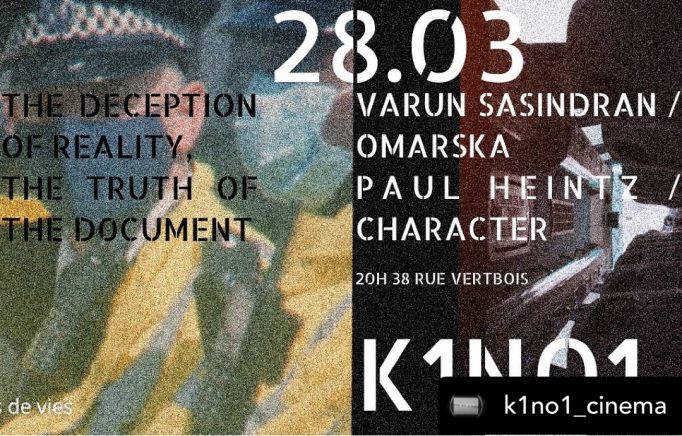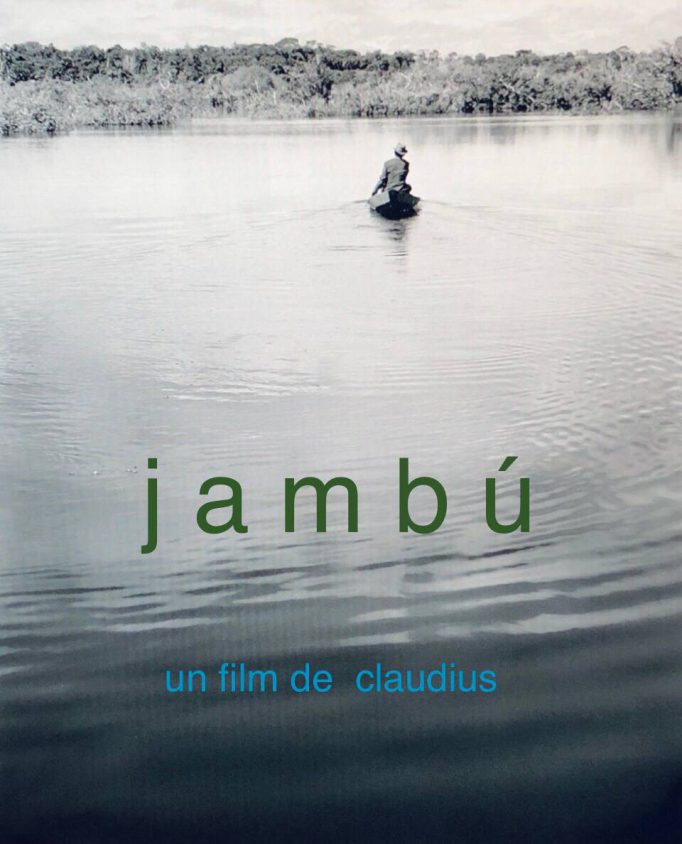Zabo Chabiland. 17.05.2025. Motto Berlin
Posted in Art, Events on May 13th, 2025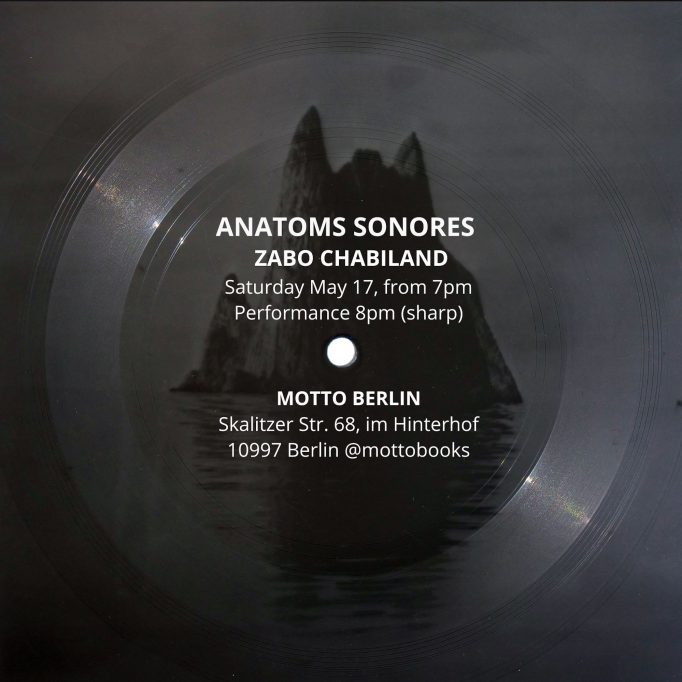
Zabo Chabiland – ANATOMS SONORES
Saturday May 17, from 7pm
Performance 8pm (sharp)
MOTTO BERLIN
Skalitzer Str. 68, im Hinterhof
10997 Berlin
__
ANATOMS SONORES
During the Cold War in the Soviet Union, bootleg records pressed on discarded X-rays from hospitals were circulating illegally under the name “bones records” or “music on ribs” as an act of cultural resistance. They contained music from the West, in particular rock ‘n’ roll and jazz, but also Russian folk tunes, considered by the authorities to be “low culture”.
The edition “Anatoms Sonores” was inspired by this unique episode in the history of music and merges two essential mediums in my artistic practice: photography and sound performance.
In 1997, analog photography led me to medical imagery, I established a bridge between the two techniques and started using X-ray film as a main support and pursued an exploration that has continued to evolve ever since. For this project, I used analog X-ray films from my own production,pressed with an extract from the performance “Microsillon X” specially conceived to challenge the microgrooves.
The edition of 250 Anatoms Sonores is composed of 20 images, printed in an edition of 12 unique prints with a wide range of variations, depending on the type of X-ray film (for veterinary or hospital use) the brand and the expiration date (ranging from 1997 to 2024). A further 10 records were pressed on blank X-ray films.


